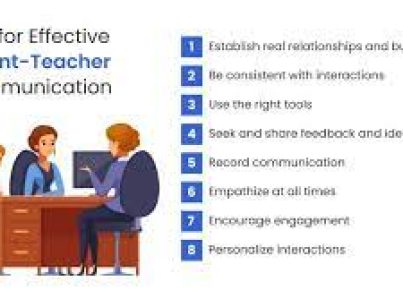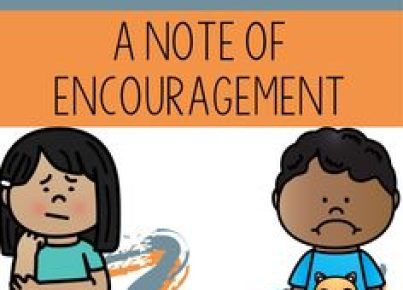As a fresh-faced educator entering my first year of teaching, I walked into my classroom filled with enthusiasm and hopes of making a difference in my students’ lives. I had preconceived notions about how families would support and engage in their children’s educational journey. Much to my dismay, after several weeks into the school year, it seemed like many parents just didn’t care about their children’s education.
However, as time went on, my perspective started to change. I slowly realized that saying parents “just didn’t care” was an oversimplified judgment that didn’t hold true to the complex realities they face daily.
The first instance that changed my perception was when I met with the mother of one of the most challenging students in my class. In the meeting, she revealed to me that she worked two jobs and couldn’t afford to spend much time with her son or attend school meetings regularly. She expressed guilt and remorse for not being able to guide her child’s education more closely but promised that she genuinely cared about his future. This meeting made me realize that some parents were constrained by harsh economic realities; they were doing everything possible to provide a better life for their children.
Another enlightening moment happened when I spoke with a father whose daughter struggled with her grades despite consistently participating in class. During our conversation, he confided that English was not their first language at home. The family faced linguistic barriers when attempting to collaborate on her schoolwork or communicate with me and other teachers. It dawned on me that culture and language might impede some parents’ ability to get involved in their children’s education, even if they earnestly wanted to.
Additionally, working closely with parents dealing with mental health issues exposed me to how such problems could affect their engagement in their children’s academics. Exhaustion from battling anxiety or depression could lead them to miss appointments or struggle to stay informed about school events. It was essential for me to acknowledge that it wasn’t a lack of concern but the challenges in coping with mental health issues that played a significant role in these parents’ occasional disengagement.
As my teaching career progressed, I began to shift my perceptions and adopted a more empathetic approach towards my students’ parents. I strived to understand their unique situations and remain sensitive to the possible hurdles they were facing, such as financial constraints, language barriers, and mental health challenges.
In conclusion, my initial belief that my students’ parents “just didn’t care” was misguided. As I started truly listening to their stories and understanding their circumstances, I became more compassionate towards them and offered support wherever possible. The lesson for educators everywhere is simple: never assume you know what lies beneath someone’s actions or decisions. Building bridges with families can provide essential insights into our students’ lives, allowing us to foster stronger connections and enhance their chances of success.





